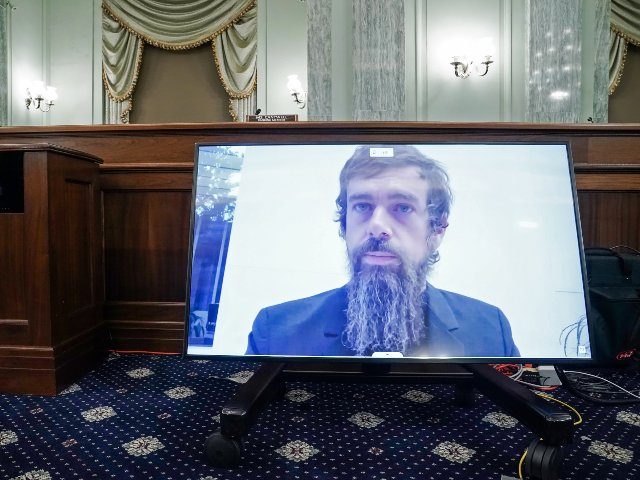Twitter deliberately exaggerated the extent of Russian influence on its platform in an attempt to appease the media and Democrats, even after internal investigations into the matter proved a “dud,” according to journalist Matt Taibbi, who released another batch of the Twitter Files today.
Twitter initially tried to stay out of the spotlight on the Russia issue in 2017, hoping Facebook would remain the main target of scrutiny from the media and Democrats. Twitter’s PR department even agreed on a media strategy to “keep the focus on FB.”
But after being slammed by Sen. Mark Warner (D-VA) for an “inadequate” response to allegations of Russian meddling, Twitter’s public policy VP said the company should “keep producing material” on Russian interference to satisfy the Democrats. As a result, Twitter formed a “Russia Task Force,” to investigate Russian influence on the platform.
But the task force found little evidence of significant Russian involvement on the platform. In October 2017, the task force reported that it had found “no evidence of a coordinated approach, all of the accounts found seem to be lone-wolf type activity (different timing, spend, targeting, <$10k in ad spend).”
After reviewing 2,500 accounts manually, the task force could only find “32 suspicious accounts and only 17 of those are connected with Russia, only 2 of those have significant spend one of which is Russia Today…remaining <$10k in spend.”
“We think this is exhaustive,” concluded the task force.
What followed was a torrent of pressure from the media, liberal academics, and politicians. In a quote to Politico, one “intelligence expert” — Johns Hopkins professor Thomas Rid — said “were Twitter a contractor for the FSB… they could not have built a more effective disinformation platform.” Politico claimed that Twitter had “deleted data potentially crucial to Russia probes.”
In November, Buzzfeed released a report based on findings from the University of Sheffield in the UK, alleging a “new network” on Twitter that had “close connections to… Russian-linked bot accounts.”
Internally, Twitter concluded that while the accounts were linked to Russia, there was no evidence of them being linked to Russian intelligence. Moreover, the platform concluded that they were primarily German-language, and not active in the U.S. election.
Following inquiries from the Senate Intelligence Committee, requesting a “write up” on the accounts identified by the University of Sheffield, Twitter chose not to defend itself. “Twitter was soon apologizing for the same accounts they’d initially told the Senate were not a problem,” reported Taibbi.
Twitter then settled on a strategy that involved lying to the public. It would publicly claim that it sanctioned accounts “at its sole discretion.” But its private guidance to employees was to suspend from its ads platform any account identified by the U.S. intelligence community as a state-sponsored asset attempting to influence U.S. elections.
Allum Bokhari is the senior technology correspondent at Breitbart News. He is the author of #DELETED: Big Tech’s Battle to Erase the Trump Movement and Steal The Election.

COMMENTS
Please let us know if you're having issues with commenting.